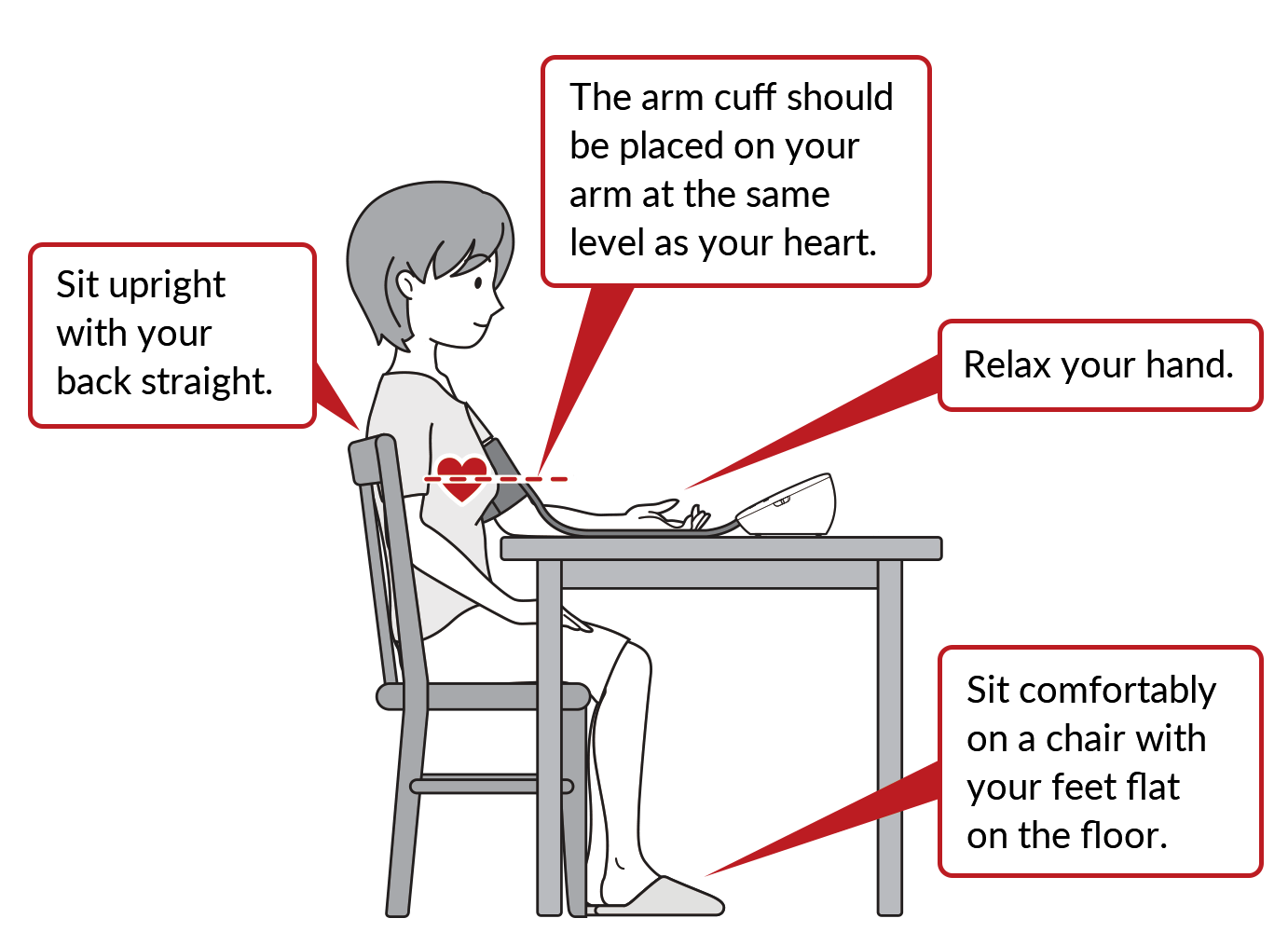audreyh1
Give me a museum and I'll fill it. (Picasso) Give me a forum ...
I believe it’s a well documented phenomenon that aerobic exercise causes blood vessels to dilate (open) to pump more blood and provide more oxygen during the exercise. I don’t know how long the effect lasts post exercise.
But blood pressure goes up during the exercise.
But blood pressure goes up during the exercise.
Last edited:



